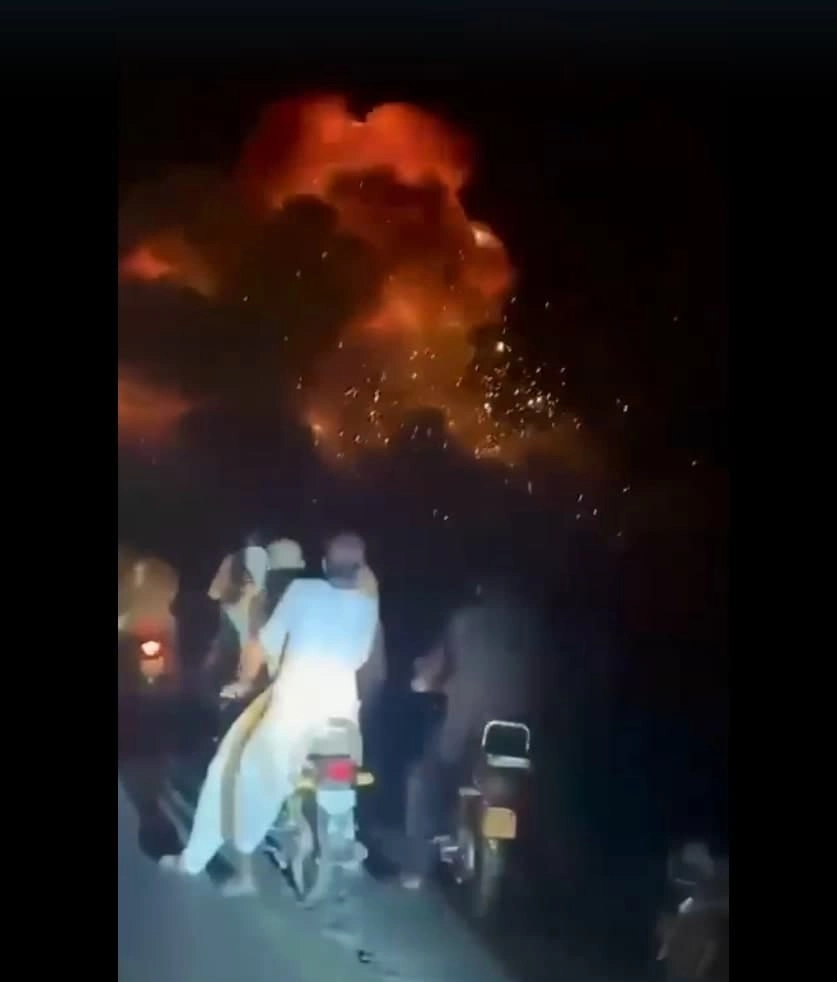The recent Israeli strikes against Hezbollah targets in Lebanon underscore the complexities of the ongoing conflict in the region, particularly in relation to Iran’s influence. Israel has long viewed Hezbollah as a significant threat, primarily due to its close ties with Iran and its arsenal of advanced weaponry, which includes precision-guided missiles. The timing of these strikes reflects not only Israel’s proactive defense strategy but also its commitment to countering Iranian expansionism. As tensions escalate between Iran and Israel, the latter has adopted a more aggressive posture, aiming to deter any potential assaults by Hezbollah or other Iranian proxies operating in the area.
The underlying causes of Israel’s military actions can be traced back to a longstanding pattern of hostilities in the region. The Lebanese militant group has been involved in numerous confrontations with Israel, often receiving support from Iran in terms of funding, training, and logistics. This relationship poses a direct challenge to Israel’s security, prompting preemptive strikes aimed at neutralizing potential threats. By targeting Hezbollah’s infrastructure, Israel seeks to diminish the group’s capabilities and send a clear message that any aggression will be met with a decisive response. This strategy is not merely about immediate military gains; it is also intended to deter future incursions and to reassure the Israeli populace of their government’s commitment to safeguarding national security.
Moreover, the situation is further complicated by the broader geopolitical landscape. Iran’s ambitions in the region have led to a proxy war that involves various factions and countries, each with its own interests and agendas. Israel’s actions against Hezbollah can be seen as part of a larger effort to undermine Iranian influence across the Middle East. The Israeli government is acutely aware that any perceived weakness could embolden not only Hezbollah but also other Iranian affiliates, leading to a more volatile security environment. Thus, these strikes are also a calculated move to maintain regional stability and to assert Israel’s position as a dominant military power capable of responding to threats swiftly and effectively.
In conclusion, Israel’s decision to strike Hezbollah in Lebanon amidst the ongoing Iran conflict is a multifaceted response driven by security concerns, regional power dynamics, and the imperative to counter Iranian influence. As hostilities continue to unfold, the impact of these military actions will reverberate throughout the region, potentially shaping the future of Israeli-Hezbollah relations and the broader landscape of Middle Eastern geopolitics. The situation remains fluid, and the actions taken by Israel will likely influence the strategies of both Hezbollah and Iran moving forward, as all parties navigate the intricacies of this enduring conflict.




